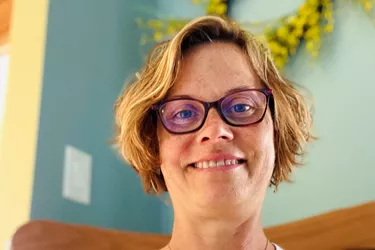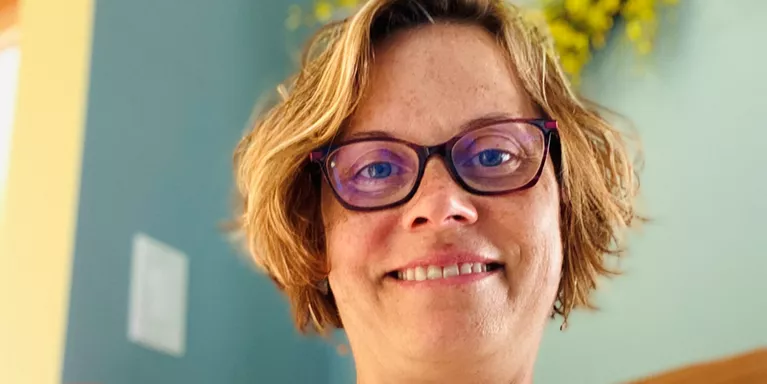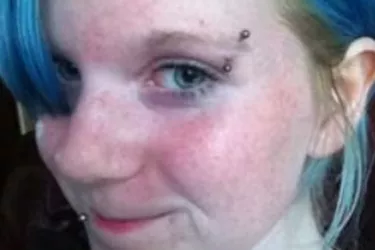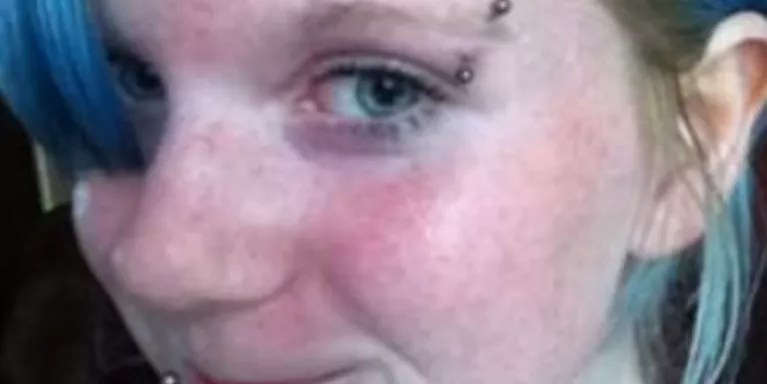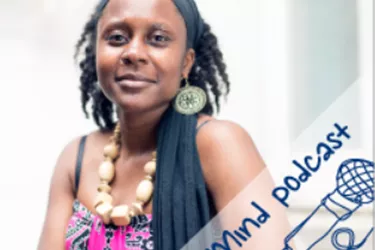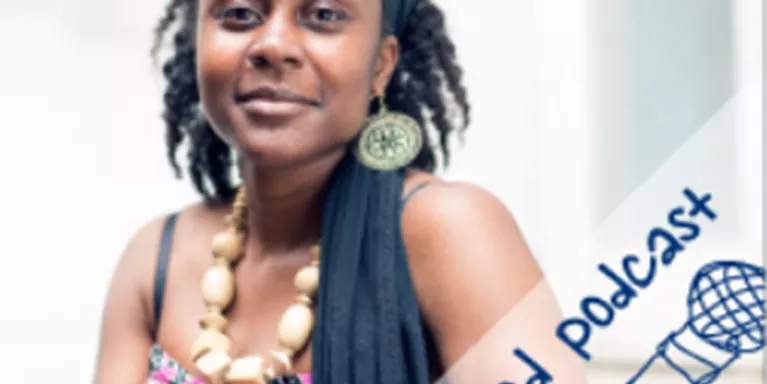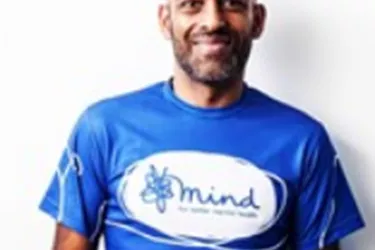Being diagnosed with bipolar
For World Bipolar Day, Lee blogs about being diagnosed with bipolar.
A lot can happen in a year.
This time last year I was looking forward to celebrating my 40th birthday, fully aware that I had some inner turmoil but as yet it didn't have a name. I suffered with bouts of feeling incredibly low; a despairing sort of low that I could neither explain, nor have the ability to think myself out of.
At its worst I couldn't even summon the energy to get out of bed, but just lie there in an inconsolable grief of introversion.
"The toughest step of any problem is confronting it."
At other times I had a head full of ideas, I was buzzing with life and a feeling of invincibility, I felt people should listen to what I was saying and I would get easily irritated and frustrated if they didn’t.
It had been obvious for some time that my mental state was fragile, I had trouble sleeping, I was at times irrational and becoming increasingly paranoid and skittish with my behaviour. Without me realising it at the time, this was also having a devastating effect on my family life. My mood swings could cast a shadow over the whole house and test the equilibrium of family life and relationships.
The toughest step of any problem is confronting it. And after a long period of procrastination I eventually saw a doctor, who in turn referred me to a consultant psychiatrist.
It was at this point the word 'bipolar' was first used.
"I made the decision early on that I would be honest about my illness."
Bipolar, I'd heard of it but wasn't familiar with it. Bipolar is a mood disorder that manifests itself with bouts of mania and depression. With this diagnosis, I had a strong feeling of things starting to make sense and almost straight away I felt like a weight had been lifted off me. I'd been suffering with bipolar quietly for years without knowing it and suddenly it had a name. It gave me some comfort that other people felt similar to me, and with the help of medication it could be managed.
I started medication last April to stabilise my bipolar and the impact it has had is very positive, it is not an illness that can be overcome but I am now getting towards some sense of normality. Medication, alongside knowledge and a strong base of family and friends means that I am enjoying life again.
"I am still the same person inside and with the help of medication I can now manage the extremes."
It’s not always easy, I still have difficult spells from time-to-time, but as my forty-first birthday fast approaches, I am looking forward with a renewed sense of purpose.
I made the decision early on that I would be honest about my illness; I wanted to talk openly to family and friends about my bipolar and how I feel. The response I’ve had has been nothing but supportive, and I also find talking about it really helps.
I don’t want bipolar to define me, but it is a part of me that’s always been there. I am still the same person inside and with the help of medication I can now manage the extremes, which is helping me live a more balanced and productive life.
So, why am I writing this and why should anyone care? Two reasons:
- Its cathartic and sometimes easier to write it down than to say it
- Mental health issues will effect 1 in 4 people this year and the more people are open about these issues the lesser the stigma becomes.
Mental health issues are difficult to talk about, public figures such as Stephen Fry, Alistair Campbell and Ruby Wax have all talked publicly about their problems and it shouldn't stop there. If public figures can share their experiences it lessens the stigma, if the general public can talk openly about it, eventually there will be no stigma.
A lot can happen in a year.
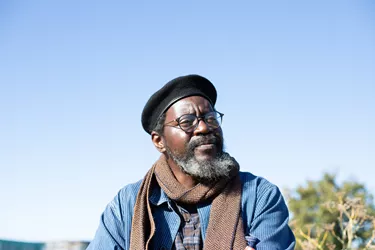

Information and support
When you’re living with a mental health problem, or supporting someone who is, having access to the right information - about a condition, treatment options, or practical issues - is vital. Visit our information pages to find out more.
Share your story with others
Blogs and stories can show that people with mental health problems are cared about, understood and listened to. We can use it to challenge the status quo and change attitudes.










